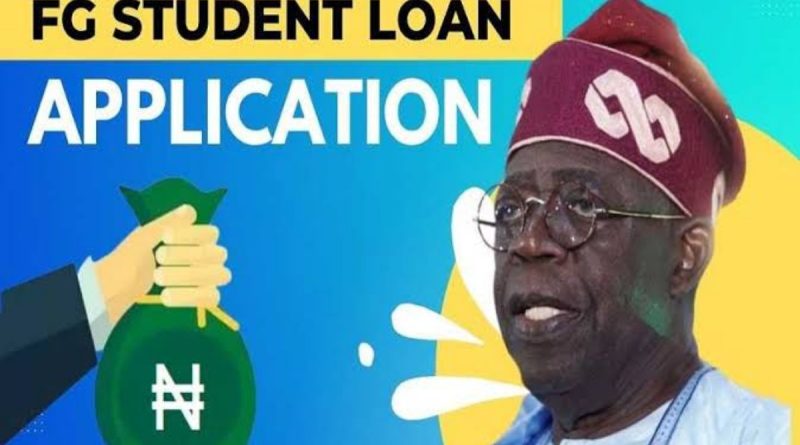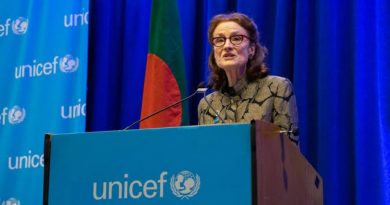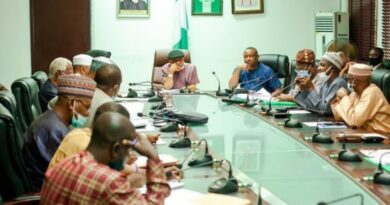UPDATE: Nigerian Govt Announces New Date for Students Loan Implementation
The federal government of Nigeria announced a new date for the implementation of the Access to Higher Education Act, otherwise known as the Students Loan Law, recently assented to by President Bola Tinubu.
Since signing the bill into law in June, many Nigerians have criticised its introduction, describing it as a ground for the introduction of tuition fees in the nation’s tertiary institutions.

Meanwhile, despite the opposition to its implementation, the Permanent Secretary at the Ministry of Education, Andrew Adejoh, revealed at the time that the implementation would commence in September.
The implementation has, however, not kicked off as announced by Mr Adejoh. Regardless, speaking at the 29th National Economic Summit on Monday, President Tinubu said the loan programme “must commence” in January 2024.
The president also said there would be no more industrial actions in the tertiary institutions.
“By January 2024, the new Students Loan Programme must commence. To the future of our children and students, we are saying no more strikes,” Mr Tinubu said.
Meanwhile, Nigerian public tertiary institutions, especially the universities, have been plagued with funding issues for decades which have led to disputes between the government staff unions on the campuses and the management of the various institutions.
The disputes have also consistently led to academic disruptions that have characterised the nation’s tertiary institutions for years.
In 2022, academic activities were put on hold in Nigerian public universities for eight months when about four staff unions embarked on industrial actions to protest the government’s underfunding of the institutions.
The unions are the Academic Staff Union of Universities (ASUU), the Senior Staff Association of Nigerian Universities (SSANU), the National Association of Academic Technologists (NAAT) the Non-Academic Staff Union and other Allies Institutions (NASU).
They also protested the non-payment of their members’ entitlements and the non-implementation of several agreements reached with the government.
ASUU, the largest academic staff union in the universities, only suspended its strike when an Industrial Court in Abuja gave the order on the prayer of the government. The government had also invoked a “No Work, No Pay policy” against the workers for the period they were on strike.
President Tinubu, however, recently granted a waiver for the payment of four out of the eight months’ salaries of the ASUU members withheld.
Meanwhile, since the suspension of the strike a year ago, students in Nigerian universities have witnessed a sharp rise in their fee schedules even though the government maintains that the institutions remain tuition-free.
Most of the universities hiked the fee by at least 100 per cent, some of them in defiance of the president’s directive in July that the institutions should avoid arbitrary increments of the sundry fees.
The situation has also resulted in protests across many campuses like the University of Lagos and the University of Jos. At the University of Abuja, the school management in May rusticated two student leaders on the allegation that they were planning a protest against the fee hike.
In the absence of the student loan, which the government had announced would start in September, Nigerian students are currently grappling with increasing fees that have soared beyond the income of many parents.








